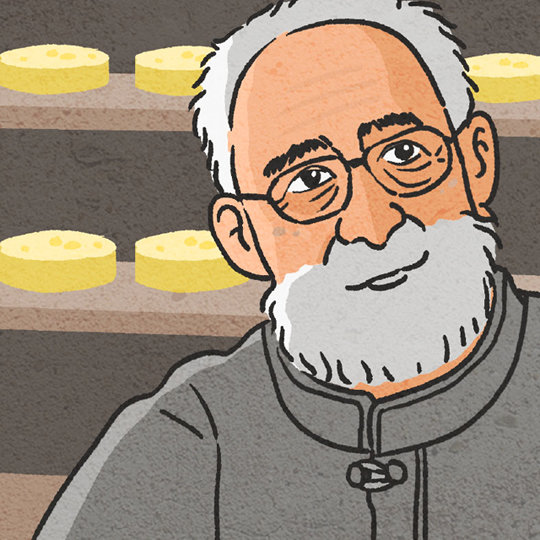The direction of gratitude
The direction of gratitude
Posted January. 01, 2020 07:50,
Updated January. 01, 2020 07:50

A group of women came to a disability charity. After handing donations, they stared at the director of the organization. They seemed to be waiting for him to thank them. When the director finally broke the silence, the director jokingly said, “Why are you not saying anything? You should thank me,” implying they should thank him for giving them the opportunity to help others. This joke shows the idea of serving others.
Many people think gratitude is due to those who offer help. However, the director was not one of them: His thinking went helping people in pain is a duty, and people do not have to be thanked for helping others. For the charity leader, being able to help others was a bliss, therefore, those donate need to thank others who allowed helping them.
This is a story about Didier, a priest who came to Korea at the age of 29 in 1959, a year after he received an ordination in Belgium. Better known as Ji Jeong-hwan, he showed what welcoming really meant through his actions until he passed away in 2019. What drew him to Korea was its poverty. In a country that was reduced to rubble in the aftermath of a war, he did his best to lift people out of poverty in his parish. By leading the land reclamation project in Buan and producing cheese in Imsil for the first time in Korea, he turned a poor neighborhood in the countryside into the backbone of the Korean cheese industry. For him, religion was action.
When he became wheelchair-bound due to multiple sclerosis, he devoted himself to people with disability. He was always grateful to the poor, the disabled and anybody who needed his help for letting him serve them. This explains why he told the women the joke. It is an irony as profound as any remarks made by philosophers.
Headline News
- Joint investigation headquarters asks Yoon to appear at the investigation office
- KDIC colonel: Cable ties and hoods to control NEC staff were prepared
- Results of real estate development diverged by accessibility to Gangnam
- New budget proposal reflecting Trump’s demand rejected
- Son Heung-min scores winning corner kick







